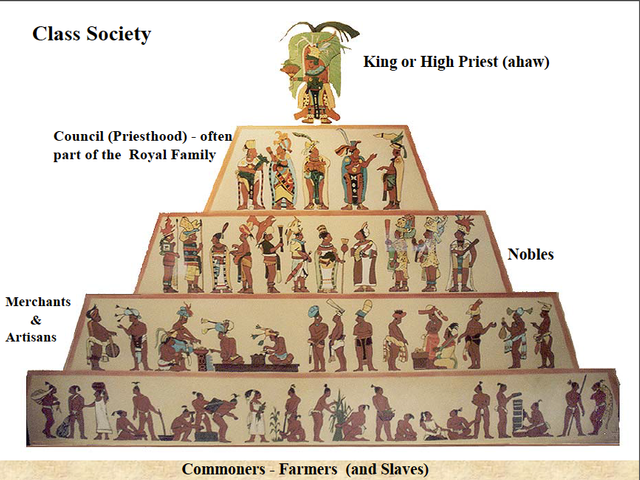How does language reveal who we are? Part 2
In my previous post Part 1, I have suggested that a person’s identity can be defined partly by the groups, relationships and gender to which they belong. These groups and relationships also help to shape the way in which that person uses language. This is especially true of additional languages learned later. I do not suggest that there is a definite one-to-one relationship between a person’s way of speaking and their identity. Nor do I suggest that one is caused by the other. You cannot say that a member of a particular group will definitely speak in a particular way. Nor can you say that a person who speaks in a particular way does so because he or she belongs to a particular group. For the moment, I would simply like you to be aware that some sort of relationship exists between the two. That leads me to my next observation…

A person’s social position, especially referring to the status or position of a group within a social hierarchy (if that makes any sense). We often talk about somebody belonging to the ‘upper class’, the ‘middle class’ or the ‘lower class’. However, the notion of class is very controversial. Are there clear-cut levels in society? If we accept that there are, how does one determine to which ‘class’ somebody belongs? What are the factors that make us decide this? What criteria do we use? I can think of the following:
- Where you live
- The way you dress
- The way you speak
- Your manners and mannerisms
- How much money you have
- Your family background
- Which school you attended
- Your level of education
- The kind of work you do
- The hobbies and interests you have
There are no simple answers to the questions surrounding the notion of social status. Human beings and society are so complex that it is impossible to pigeonhole people neatly into ‘classes’, nor are there fixed social strata. Not only can the social status of people change radically in the course of their lifetimes, but people play multiple roles during their lives, and their status in different roles may vary enormously. It is impossible to define social position exactly, and any attempts to classify people according to ‘class’ should be regarded with caution and sensitivity.
However, it is also true that we all make value judgments about the people we meet in everyday life. In any social situation there is a great deal of ‘sizing up’ going on: we form impressions and try to assess one another’s social status on the basis of largely unexamined values. Most people would agree that economic-position, level of education and the way people talk do have something to do with the perception of social position or ‘class’. For the purpose of my post, use of language is of course the factor that most interests me.
There was a time in Britain when the way you spoke could mark you immediately as a member of a particular ‘class', and could cause you to be treated in a particular way. You may be familiar with the film My Fair Lady where a young, ‘lower class’ flower-seller is taken off the streets and trained in ‘upper-class’ speech and behaviour by a professor of language. It is significant that the focus of this educational process is her use of English. The ultimate test she has to pass is a speech test to prove she is able to speak with the ‘refined’ accent, register, and style of English high society. Some people would argue that little has changed in this regard, and that speech is still the great determining factor of social position.
In my opinion, the traditional idea of ‘class’ may not be as clearly defined an indicator of social identity in South Africa as it may be in Britain. I also feel that, in a multilingual society such as South Africa, class in not indicated to the same extent by the way in which a person speaks English, which is only one of its languages. In South Africa, the context in which children learned English was influenced almost entirely by their race until recently, because each race was represented by a separate educational department. Today, the context in which children learn has opened up a great deal. Where they live and which languages are commonly used in their regions and at school will influence the way they speak English. Additionally, children are exposed to different languages and varieties of English on radio and television, which are also important factors in their English acquisitional context.

This post has been upvoted for free by @millibot with 0.1%!
Get better upvotes by bidding on me.
More profits? 100% Payout! Delegate some SteemPower to @millibot: 1 SP, 5 SP, 10 SP, custom amount
You like to bet and win 20x your bid? Have a look at @gtw and this description!